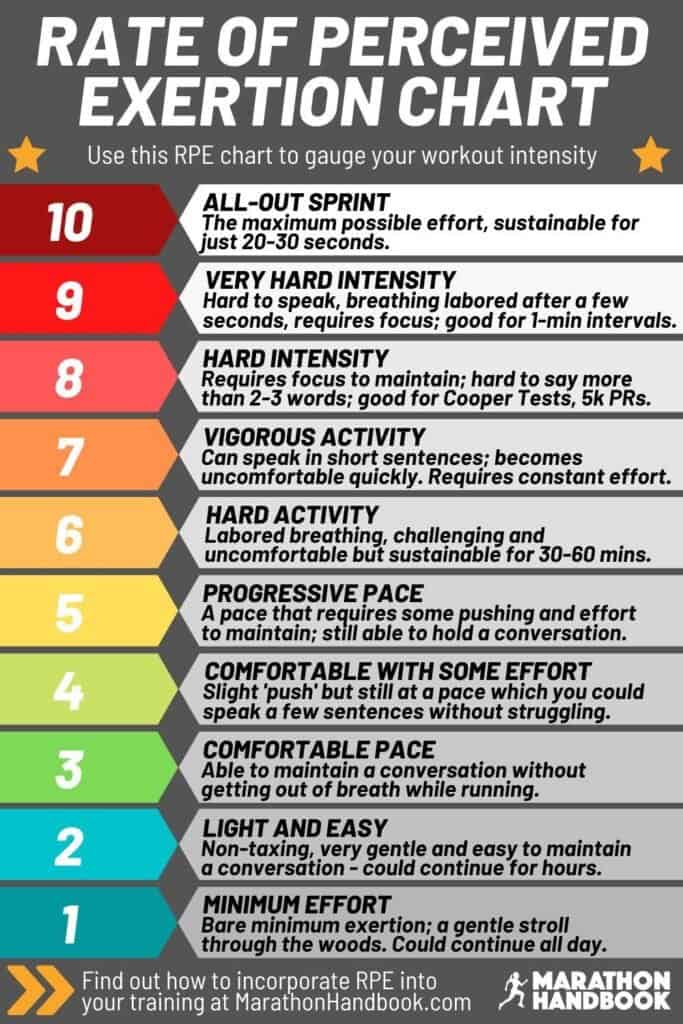

This device can automatically deliver a small shock to your heart when you need it to normalise your heart rhythm. If you are at risk of this happening again, your doctor may recommend having an implantable cardioverter defibrillator (ICD) implanted. If you have ventricular tachycardia and are very unwell, your doctors may need to shock your heart into the correct rhythm with a defibrillator.

Sinus tachycardia can be a normal, healthy response to stressors like fear, anxiety, strenuous exercise or even fever. What causes tachycardia (fast heart rate)? It's usually caused by coronary heart disease or cardiomyopathy (problems with your heart muscle). This affects its ability to pump blood to the rest of your body and can be life-threatening. Ventricular tachycardia - This is when problems with the electrical signals in the lower chambers (ventricles) of your heart cause your heart to beat faster.These are often caused by coronary heart disease. Two types of supraventricular tachycardia that become more common as you get older are atrial flutter and atrial fibrillation. Some types of supraventricular tachycardia, including Wolff-Parkinson-White syndrome, are more common in young adults and may have a genetic cause. This reduces blood flow to the rest of your body, because your heart can't pump blood as effectively. Supraventricular (above the ventricle) tachycardia - This is when problems with the electrical signals in the upper chambers (atria) of your heart cause your heart to beat faster than usual.This can be a normal response to certain stressful situations, or it can be a sign of anaemia, overactive thyroid gland or general ill health. Sinus tachycardia- This is when the natural pacemaker in your heart sends electrical signals faster than normal.What are the types of tachycardia (fast heart rate)? Sometimes a fast heart rate can be abnormal and needs urgent medical attention. This is to supply your organs with more blood than while you're resting and relaxed.

It's normal for your heart to beat faster during exercise or as a response to stress. Your heart's job is to pump blood round your body in order to move oxygen and nutrients to your organs, and to remove waste from those organs. Some forms of tachycardia are normal, while others can signify disease or be life-threatening. Tachycardia means that your heart is beating faster than normal, usually more than 100 beats per minute. Please note that a rapid heartbeat may also be a normal response to exercise or stress but may signify something more serious. If you feel rapid heart palpitations, with dizziness, chest pains or severe shortness of breath, call triple zero (000) and ask for an ambulance.


 0 kommentar(er)
0 kommentar(er)
